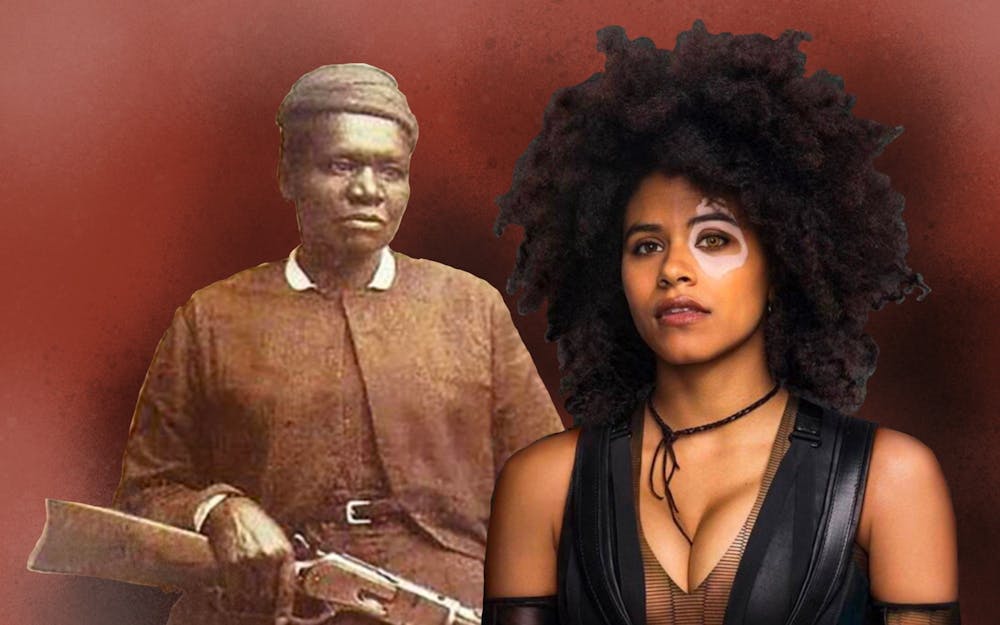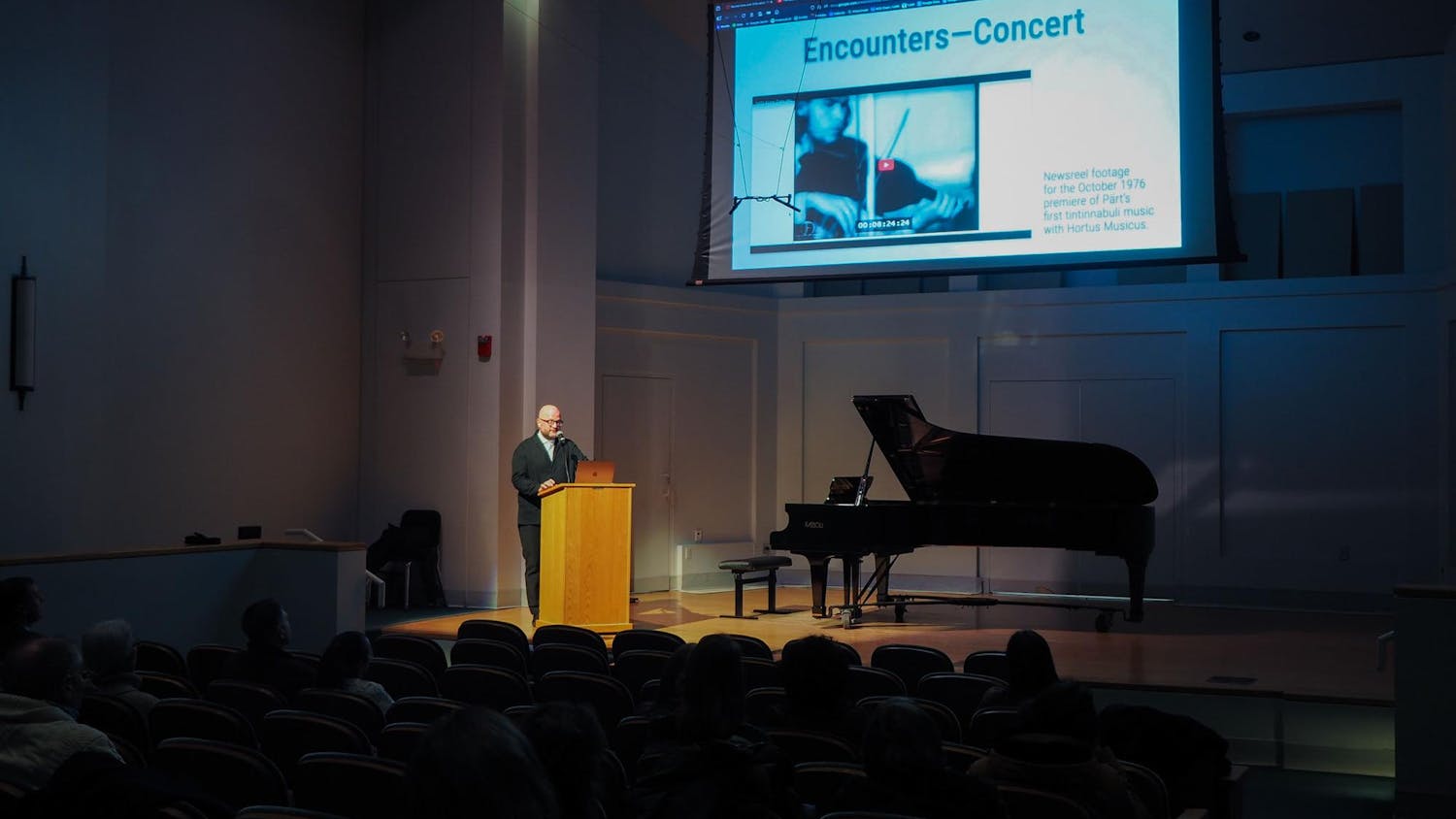Netflix is set to release the upcoming Black Western film, “The Harder They Fall”, Nov. 3, according to Netflix’s Geeked account on Twitter on Sep.25.
The actors portray historical Black outlaws and cowboys from the Old West. Some of the characters are fictional, while others are based on real people like Bill Pickett, Bass Reeves and Stagecoach Mary.
Many Black people showed excitement about the show on social media platforms. The excitement ended quickly after people noticed actress Zazie Beetz was cast to portray the character Stagecoach Mary, even though she looks nothing like her. Beetz is a thin, biracial, lighter-skinned woman, while Stagecoach Mary was a dark-skinned, plus-size Black woman.
Netflix’s decision to allow a lighter and thinner Black woman to portray the character displays fatphobia and colorism. Their refusal to cast another actress who more closely resembles Stagecoach Mary shows a disregard in making sure dark-skinned, fat, Black women are represented correctly when their stories are told. This practice aids in the erasure of Black women on screen.
Colorism and fatphobia not only affect film quality, but also Black communities. Colorism affects darker-skinned people negatively, while lighter-skinned people benefit from it. Fat people are discriminated against when trying to receive medical care. Colorism and fatphobia are systemic issues outside of media coverage.
While many movies and tv shows include lighter-skinned or biracial, thin Black women, like “Grown-ish,” “Euphoria” and “On My Block,” there are rarely any dark-skinned and or plus-size Black women represented nearly as often. It seems as if some production companies are intentionally not casting dark-skinned actresses.
“I think that their intention is to make money and they know what sells and colorism sells,” IU sophomore Arie Johson said.
Most Black women in the entertainment industry who have had success are almost all lighter-skinned. Often, lighter skin is attributed to success, especially in the entertainment industry. Actress Zendaya spoke about this during a Beautycon panel, explaining she benefits from colorism and being light-skinned in Hollywood. According to Essence, she said, “I am Hollywood’s acceptable version of a Black girl.”
Knowing Stagecoach Mary was a real person presents one important question: Why did her entire appearance have to change in the film? What was wrong with Stagecoach Mary’s actual body?
It was extremely harmful for Netflix to cast someone who looks nothing like her. Stagecoach Mary’s appearance is a part of who she was — it made her story. Netflix casting Beetz completely erases her story and invalidates her life experiences.
The blatant disregard of dark-skinned and plus-size Black women will affect the future of film and the new generation of Black children who anticipate seeing themselves represented on screen.
What will happen to the dark-skinned, plus-size girls growing up seeing no representation of people who look like them on screen? If it appears Stagecoach Mary’s story didn’t matter when Netflix cast Beetz, will future Black girls also think their stories don’t matter?
IU Freshman Arek Tong said seeing Beetz cast as Stagecoach Mary was like a slap in the face. Tong said she believed Beetz should not have accepted the role of Stagecoach Mary.
Lighter-skinned actors should consider what best suits the Black community. “It’s her position as an actress to take it upon herself and know what’s best for the community as a whole,” Tong said. “They need to realize where their privileges are. There are roles that they don’t need to take, especially if they know that it’s specifically for a darker-skinned or plus-size Black woman.”
Beetz should have never accepted the role of Stagecoach Mary. Her portrayal of Stagecoach Mary makes Beetz complicit in her erasure. In order to make sure darker-skinned Black women get acting gigs, actors like Beetz have to say no when approached for roles that are clearly for darker-skinned, fat women.
Are darker-skinned, fat women’s stories not worthy of accurate representation? Why are these the stories that seem to never get told? These are questions that not just Netflix will have to answer for but other production companies who participate in this erasure as well.
Darker-skinned, fat Black women deserve to have their stories told accurately. It is crucial that production companies and producers are held responsible for their complicity in the erasure of Black women.






